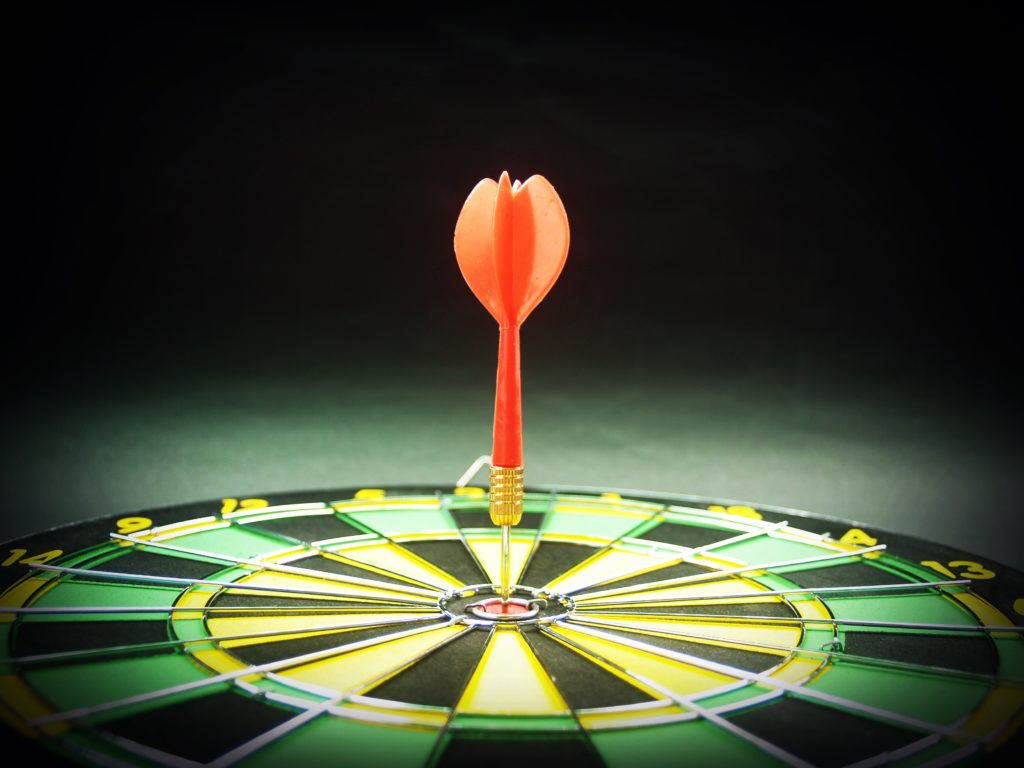
Musician’s are experts at exerting effort. It is difficult to find a more driven and passionate group of people anywhere, but sometimes we try too hard.
In his book, Advice Not Given, Dr. Mark Epstein explains his perception of Right Effort through a Buddhist story about a musician turned monk (Epstein, 123-124). In this story, Sona, an ex-lutist, is struggling in his meditation efforts despite the great amount of effort he is putting forth. When the Buddha hears about this, he uses Sona’s musical experience to help him. Through a series of questions, he compares the strings of a lute to the effort Sona was applying to his meditation, just as a string that is too tight or too loose, one’s effort must also find a balance between too much and too little. This Buddhist parable is a lovely one, and you can watch a nice animated version of the whole story here.
Often in meditation it is easy to get caught up in trying to “do it correctly.” I have found that musicians are especially primed to adopt this approach in their mindfulness practice. It can be difficult to let go of this striving while meditating, but often when excess effort dissolves one’s meditation practice can deepen.
Applying this idea to playing an instrument or singing, a similar need arises to find a balance between too much and too little effort. As a brass player and teacher, I see this approach all too often in students and professional alike. But no matter your discipline, trying to force something only leads to frustration. In my experience, backing off the effort even by a small amount can make achieving the desired technique or sound come much easier.
It is difficult to describe the difference between too much or too little effort. It might be helpful to think of this as dancing with your instrument, instead of battle against it. When I am trying too hard, it feels like I am trudging through deep mud, but when my effort finds the perfect middle ground, making music feels easy and playing my instrument becomes much more enjoyable.
Next time you are struggling with a difficult passage of music, a good way to help let go of excess effort is to move your awareness off of the goal itself. I have seen good results with students and myself when the object of one’s focus moves around to different parts of the body while making music. You can also rest your awareness on sensations that are present while playing, such as vibrations, tingling, the rising and falling of the breath, and others. This helps to release some of the effort that might be holding you back from achieving what you were working on.
Works cited
Epstein, Mark. Advice Not Given: A Guide to Getting Over Yourself. New York: Penguin Press, 2018.

